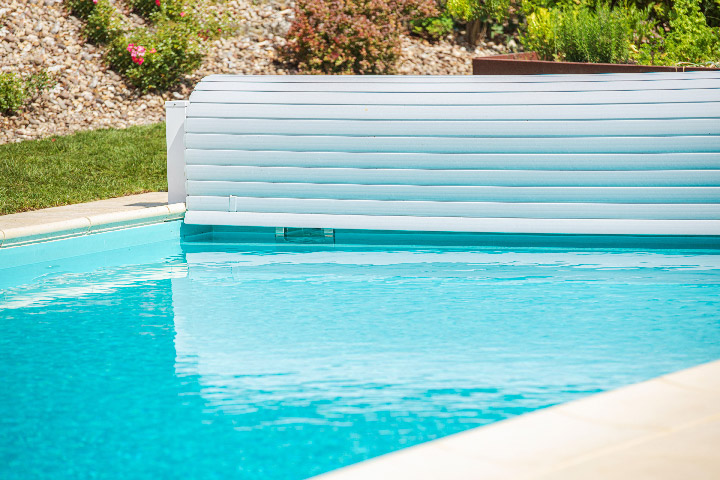
Bonding and Grounding: A New Pool Owner’s Guide to Pool Safety
Congratulations on becoming a new pool owner! As you embark on this exciting journey, it’s crucial to understand the importance of pool safety, and one of the key aspects is bonding and grounding your swimming pool. These electrical safety measures are essential in protecting you, your family, and your pool equipment from potential hazards. In this article, we’ll explain what bonding and grounding mean, their benefits, and how to ensure your pool is properly protected.
Understanding Bonding and Grounding
Bonding and grounding are electrical safety practices that help reduce the risk of electrocution, electrical shock, and damage to your pool equipment. Let’s take a closer look at what each term means:
- Bonding: Pool bonding is the process of connecting all metal components and electrical equipment around your pool, such as ladders, handrails, light fixtures, and pumps, with a continuous copper wire. This creates a “bonded” connection, equalizing the voltage potential across all connected components. By doing so, it prevents voltage differences that could lead to electric shocks.
- Grounding: Grounding, on the other hand, is the process of connecting electrical equipment to the earth through a grounding wire. This provides a safe path for electrical currents to flow in case of a fault, such as a short circuit or lightning strike. Grounding helps protect swimmers from electrical hazards and prevents damage to your pool equipment.
The Benefits of Bonding and Grounding Your Pool
Proper bonding and grounding offer several benefits:
- Enhanced Safety: Bonding and grounding protect swimmers and pool users from the risk of electrical shock, ensuring a safer swimming environment.
- Equipment Protection: These safety measures help protect your pool equipment, such as pumps and heaters, from damage caused by electrical faults or surges.
- Compliance with Regulations: Local building codes and the National Electric Code (NEC) require that pools be bonded and grounded. Ensuring your pool is compliant not only guarantees safety but also helps avoid potential fines or penalties.
Ensuring Proper Bonding and Grounding for Your Pool
Here are some steps to ensure your pool is correctly bonded and grounded:
- Hire a Professional: Bonding and grounding should be performed by a licensed electrician or pool professional. They have the necessary knowledge, skills, and tools to ensure the job is done correctly and safely, adhering to local building codes and NEC requirements.
- Use the Right Materials: Your pool professional will use proper materials, such as copper wire and bonding clamps, to establish a secure and efficient bond between all metal components and electrical equipment.
- Regular Inspections: It’s essential to periodically inspect your pool’s bonding and grounding system for signs of wear, corrosion, or damage. A pool professional can help you identify and resolve any issues, ensuring your pool remains safe and compliant.
- Ground Fault Circuit Interrupter (GFCI): Install a GFCI breaker for your pool’s electrical system. GFCI breakers continuously monitor the flow of electricity and will quickly shut off the power in case of a fault, further enhancing the safety of your pool.
Conclusion
As a new pool owner, it’s vital to understand the importance of bonding and grounding your swimming pool. These electrical safety measures protect swimmers, pool equipment, and ensure compliance with local regulations. By working with a licensed professional, you can enjoy the peace of mind that comes from knowing your pool is secure and hazard-free. So dive in and enjoy your new pool with confidence, knowing you’ve taken the necessary steps to ensure safety for all.




